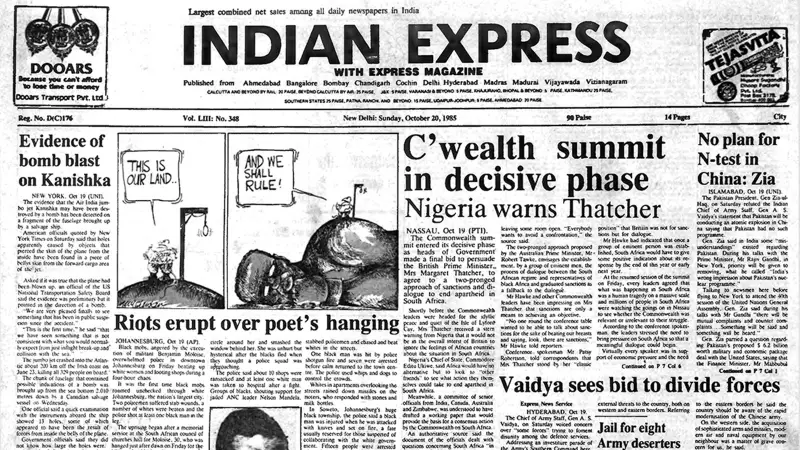
Forty years ago, South Africa stood at a precipice. The date was October 20, 1985, and the nation was engulfed in flames of rebellion that would forever alter its trajectory toward freedom.
The Powder Keg Ignites
What began as peaceful demonstrations against the oppressive apartheid regime quickly escalated into one of the most significant uprisings in South Africa's troubled history. The streets of townships became battlegrounds as thousands of Black South Africans rose against systemic racism and political exclusion.
A Nation Divided
The apartheid government responded with characteristic brutality, deploying security forces to suppress what they labeled as "black-on-black violence." This narrative, however, masked the true nature of the conflict—a desperate struggle for basic human rights and dignity against an unjust system.
The Human Cost
Casualties mounted on both sides, though disproportionately among the Black population. The international community watched with growing horror as images of the violence circulated globally, turning world opinion decisively against the apartheid government.
The Turning Point
October 20, 1985, marked a critical juncture in the anti-apartheid movement. The scale and intensity of the protests demonstrated that Black South Africans would no longer accept second-class citizenship. The events of that day:
- Exposed the fragility of the apartheid state
- Galvanized international sanctions against South Africa
- Strengthened the resolve of liberation movements
- Paved the way for Nelson Mandela's eventual release
Legacy of Resistance
While the immediate aftermath saw increased repression, the 1985 uprising planted seeds that would blossom into South Africa's democracy. The courage displayed by ordinary citizens facing extraordinary oppression became a beacon for freedom struggles worldwide.
Today, as we reflect on this pivotal moment, we remember both the pain and the power of collective resistance—a reminder that even the most entrenched systems of oppression cannot withstand the determined will of people demanding their fundamental rights.





